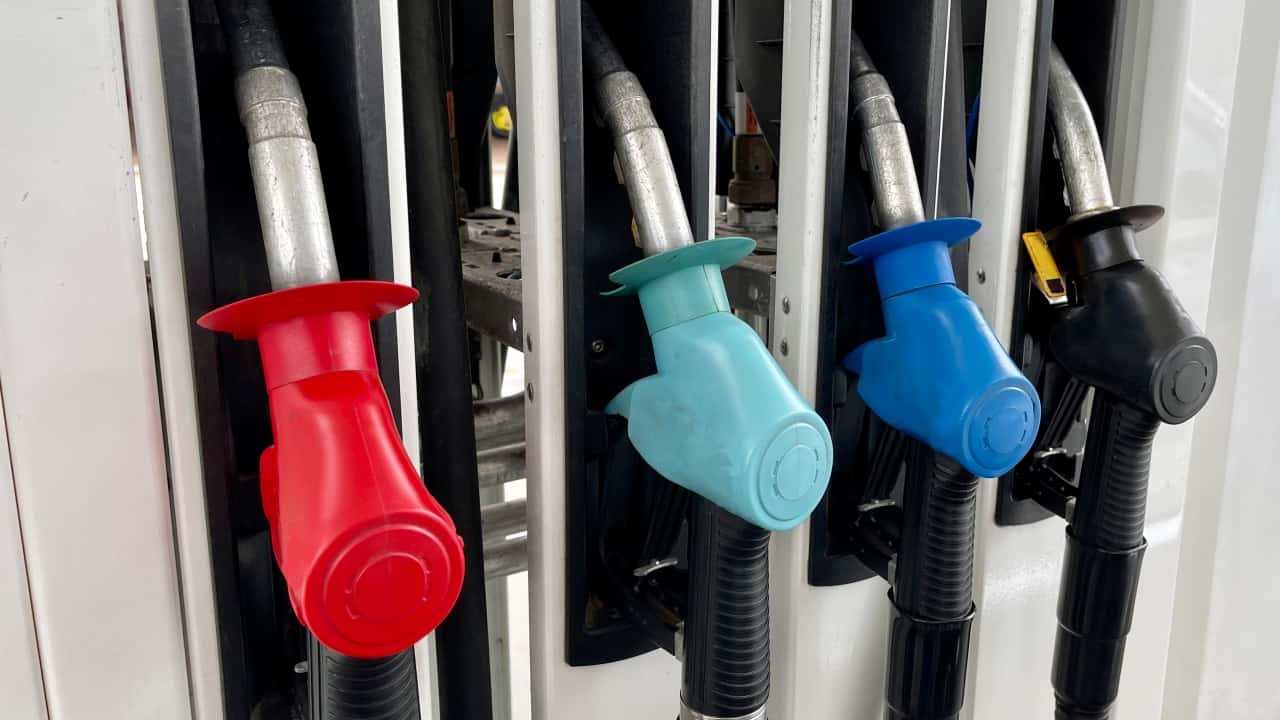Gas prices across the country remain high — and are about to get higher, it seems. Saving money at the pump doesn’t just mean knowing where to fill up – it also helps to know when to fill up.
In general, gas prices tend to be lowest at the beginning of the week, on Monday and Tuesday, said GasBuddy’s lead petroleum analyst Patrick De Haan. As the week goes on, gas prices tend to rise until they reach their most expensive point on the weekend – especially on Friday and Saturday.
What drives this trend?
“If I had to venture a guess, energy markets are closed over the weekend, but they’re open Monday through Friday,” De Haan said. “By the time the weekend rolls around, (gas stations) may be passing around any increases that happened earlier in the week.”
There’s also a key government report that comes out every Wednesday, De Haan said, which can influence the wholesale price of oil.
Basically, if gas stations see the price of oil rising as the week goes on, they pass on that cost to customers so they don’t lose money.
“They’re also less likely to lower prices at the onset of the weekend because a lot of people fill up on the weekend, so there’s less of an incentive,” De Haan said.
Gas isn’t always cheapest on Monday, De Haan emphasized. There are variations from place to place and it depends on what’s going on in the oil markets at any given time. The broad trend was identified in a recent GasBuddy study.
The average gas station will change prices a few times a week, De Haan said, but there are volatile times where a station might change prices several times a day. If they see their competition’s prices rising, gas stations are more likely to do the same.
“One tip is to always shop around. Prices can vary significantly from block to block,” De Haan said. “You can save $100 or even $200 to $300 over the course of the year if you’re paying attention.”

